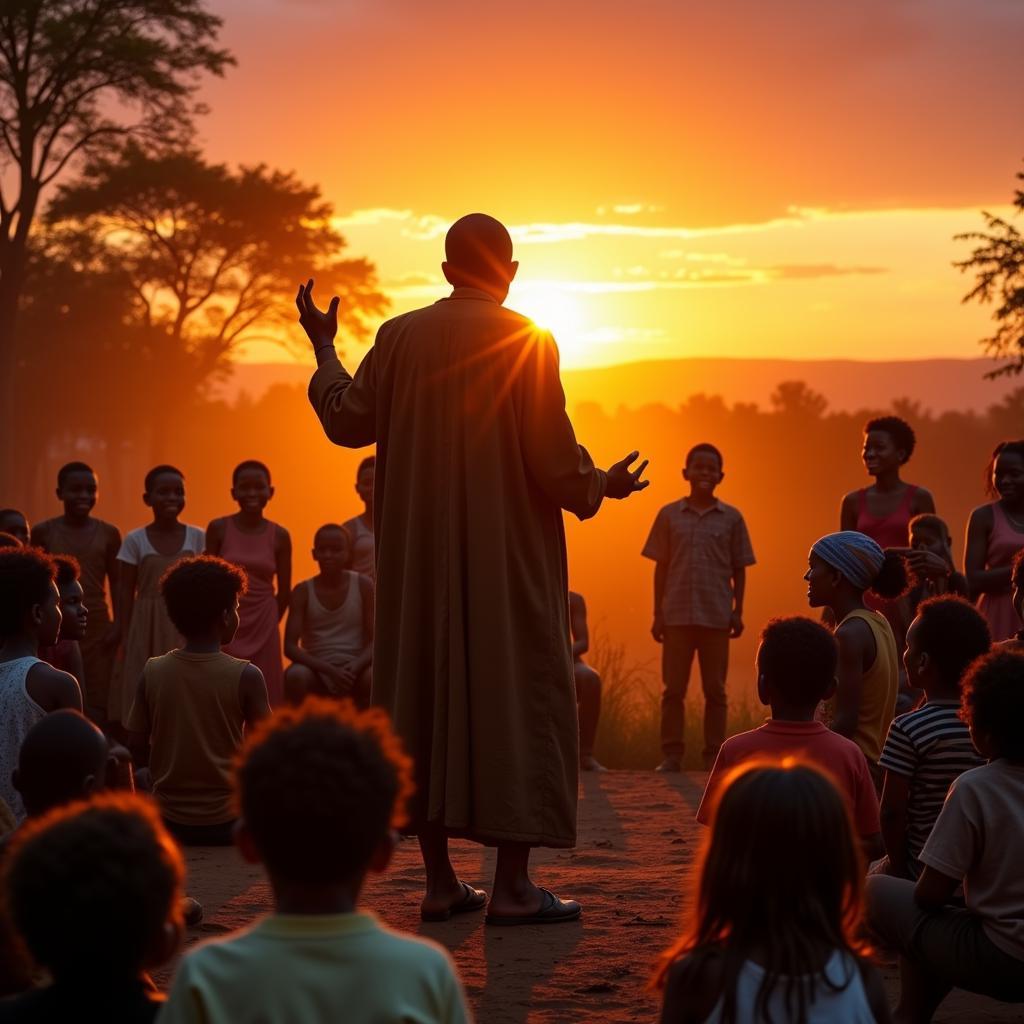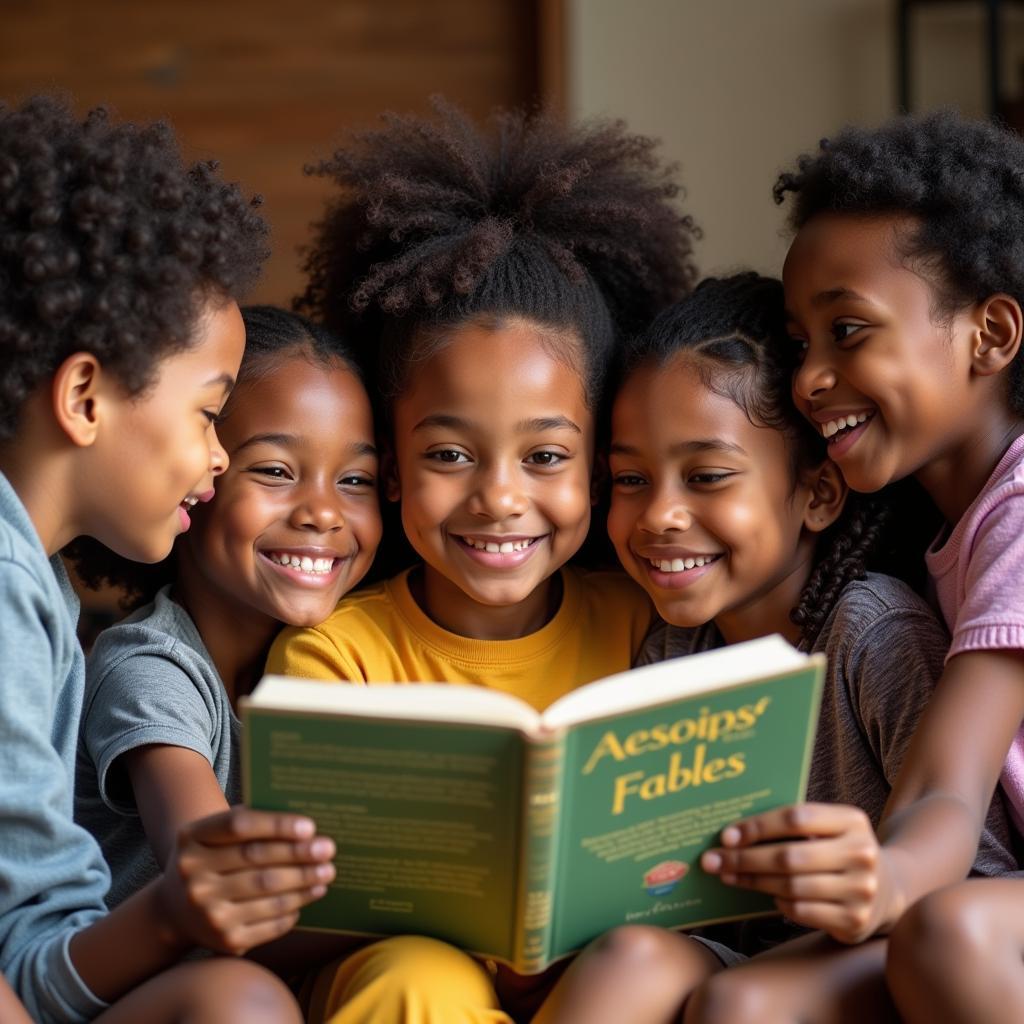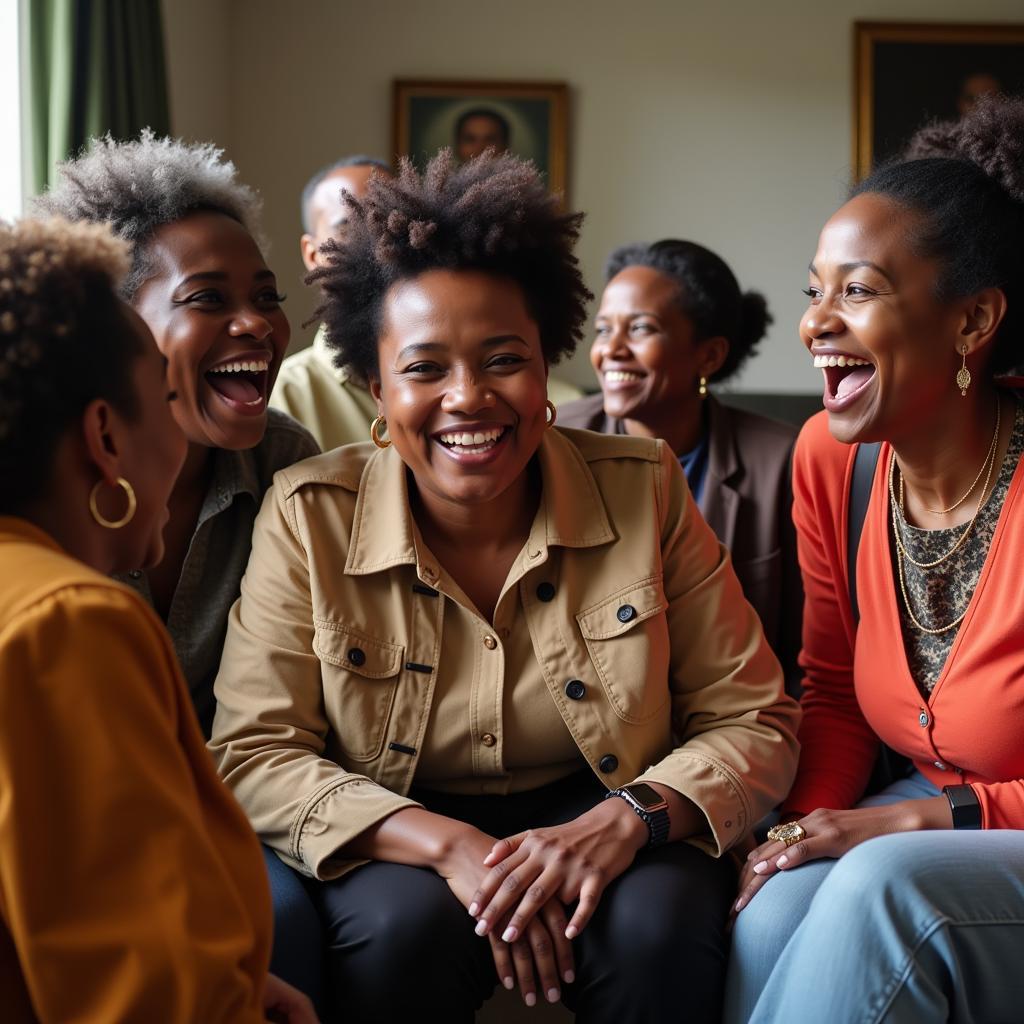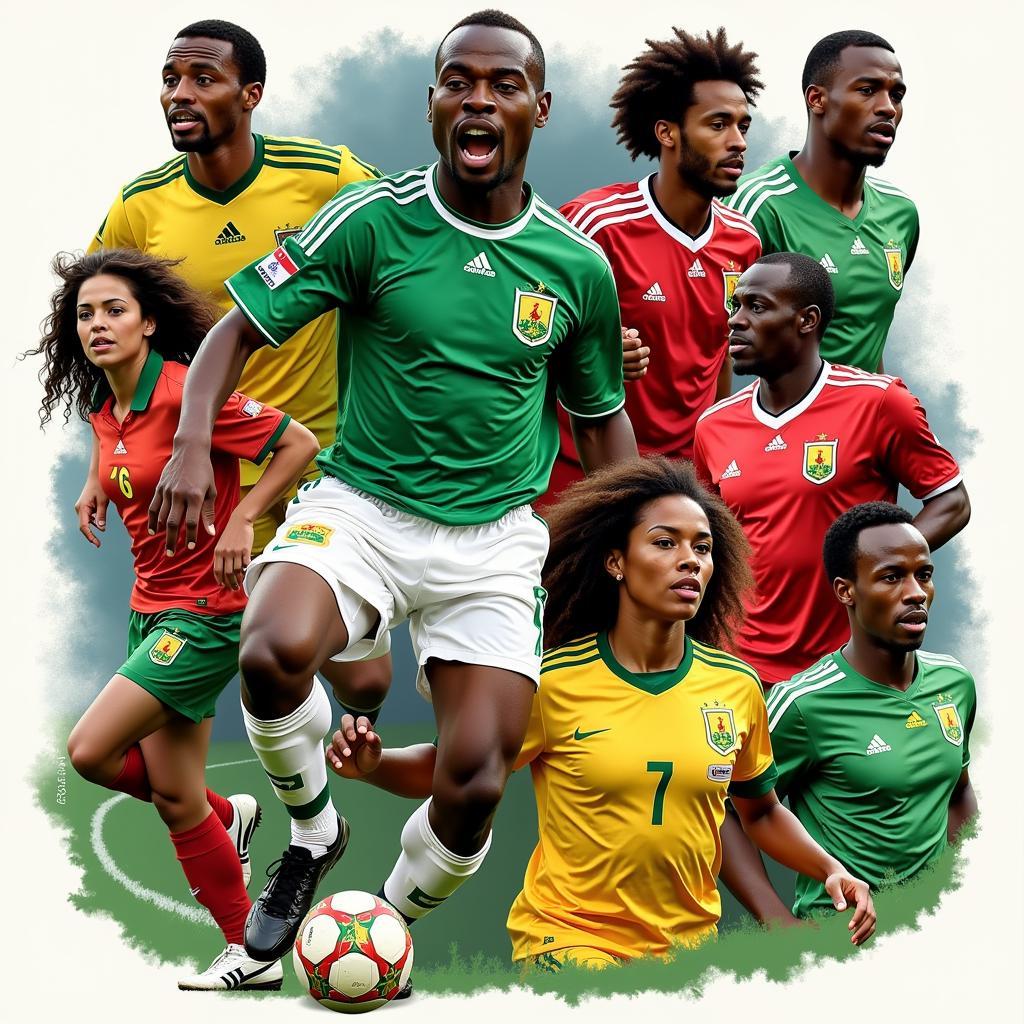Unmasking the Aesop African Connection: Fables with Roots Across Continents
The name Aesop conjures up images of talking animals and moral lessons, transporting us back to childhood and simpler times. But what if we told you that the fables we attribute to this ancient Greek storyteller might have deeper, more intricate roots, reaching far beyond the shores of Europe and into the heart of Africa? The “Aesop African” connection, though often overlooked, unveils a fascinating narrative of cultural exchange and shared storytelling traditions that have shaped narratives for millennia.
Did Aesop Borrow from Africa?
The possibility of Aesop’s fables having African origins isn’t as far-fetched as it might initially seem. While Aesop is believed to have lived in Greece during the 6th century BC, many scholars argue that the oral tradition of fables predates him, potentially originating in ancient Egypt or other parts of Africa. These stories, passed down through generations, could have easily traveled along trade routes, finding their way into different cultures and languages.
The similarities between some of Aesop’s fables and ancient Egyptian tales are hard to ignore. For instance, the story of “The Lion and the Mouse” finds its parallel in an Egyptian fable with a similar plot and moral. This suggests a possible cross-pollination of ideas and narratives, with stories migrating and evolving across geographical boundaries.
African Storytelling Traditions: A Rich Tapestry of Wisdom
African storytelling traditions are renowned for their richness, diversity, and ability to convey profound life lessons through engaging narratives. From the griots of West Africa, who preserved history and culture through music and storytelling, to the folktales shared around evening fires across the continent, these traditions have played a crucial role in shaping social values, morals, and beliefs.
 African storyteller captivating an audience with tales
African storyteller captivating an audience with tales
Just as Aesop’s fables rely heavily on animal protagonists to convey moral lessons, many African folktales also feature animals as central characters. These animals, often imbued with human-like qualities, become vessels for exploring complex themes like greed, jealousy, kindness, and perseverance. This shared use of animal symbolism points towards a common thread in storytelling techniques, hinting at a possible ancestral connection.
The Enduring Power of Fables: A Universal Language
Whether Aesop borrowed from existing African narratives or whether both drew from a common wellspring of storytelling, the “Aesop African” connection reminds us of the interconnectedness of human experience. Fables, with their timeless wisdom and relatable characters, transcend cultural and geographical boundaries, resonating with audiences across continents and generations.
“Stories are powerful tools for transmitting knowledge and values,” says Dr. Abena Asare, a scholar specializing in African oral traditions. “The similarities we see in fables from different cultures demonstrate that certain truths and moral dilemmas are universal, regardless of time or place.”
 Children engrossed in a book of Aesop's Fables
Children engrossed in a book of Aesop's Fables
The next time you encounter a fable, whether it’s “The Tortoise and the Hare” or any other tale attributed to Aesop, consider the possibility of its African roots. These stories, passed down through millennia, serve as a testament to the enduring power of oral tradition and the interconnectedness of human cultures.
FAQ
-
Is there definitive proof that Aesop’s fables originated in Africa?
While there is no concrete evidence to definitively prove this claim, the similarities in themes, characters, and storytelling techniques between Aesop’s fables and ancient African tales strongly suggest a possible connection. -
What are some examples of African fables that share similarities with Aesop’s fables?
Some examples include the Egyptian fable of “The Lion and the Mouse,” which echoes the themes of Aesop’s fable with the same name, and the West African fable of “The Tortoise and the Hare,” which shares a similar plot and moral with Aesop’s version.
Get in Touch
For those eager to delve deeper into the fascinating world of African culture and storytelling, we encourage you to explore the other articles on our website. And remember, if you have any questions or need assistance, our dedicated customer support team is available 24/7. Contact us at +255768904061, email us at kaka.mag@gmail.com, or visit our office located at Mbarali DC Mawindi, Kangaga, Tanzania.


